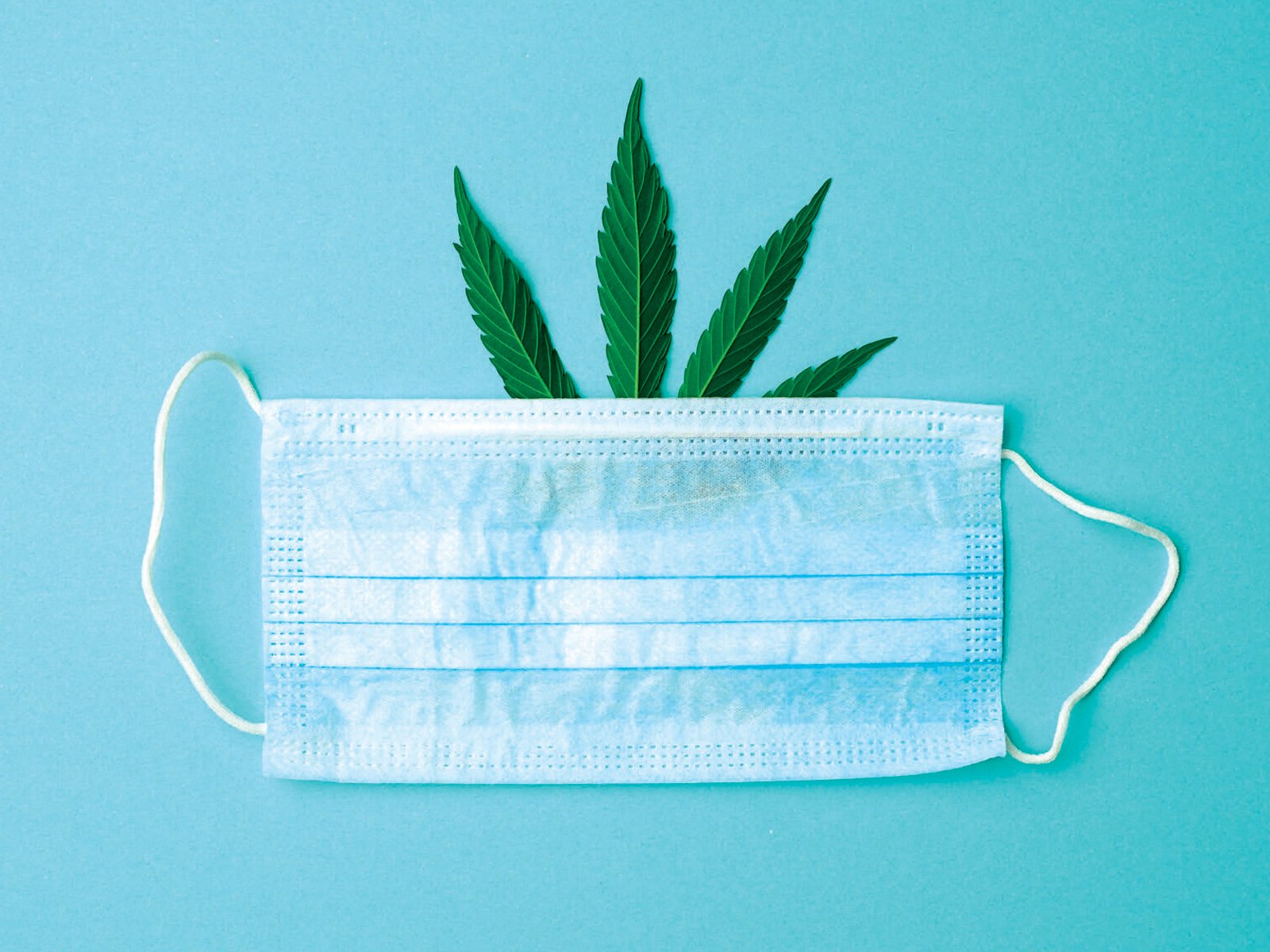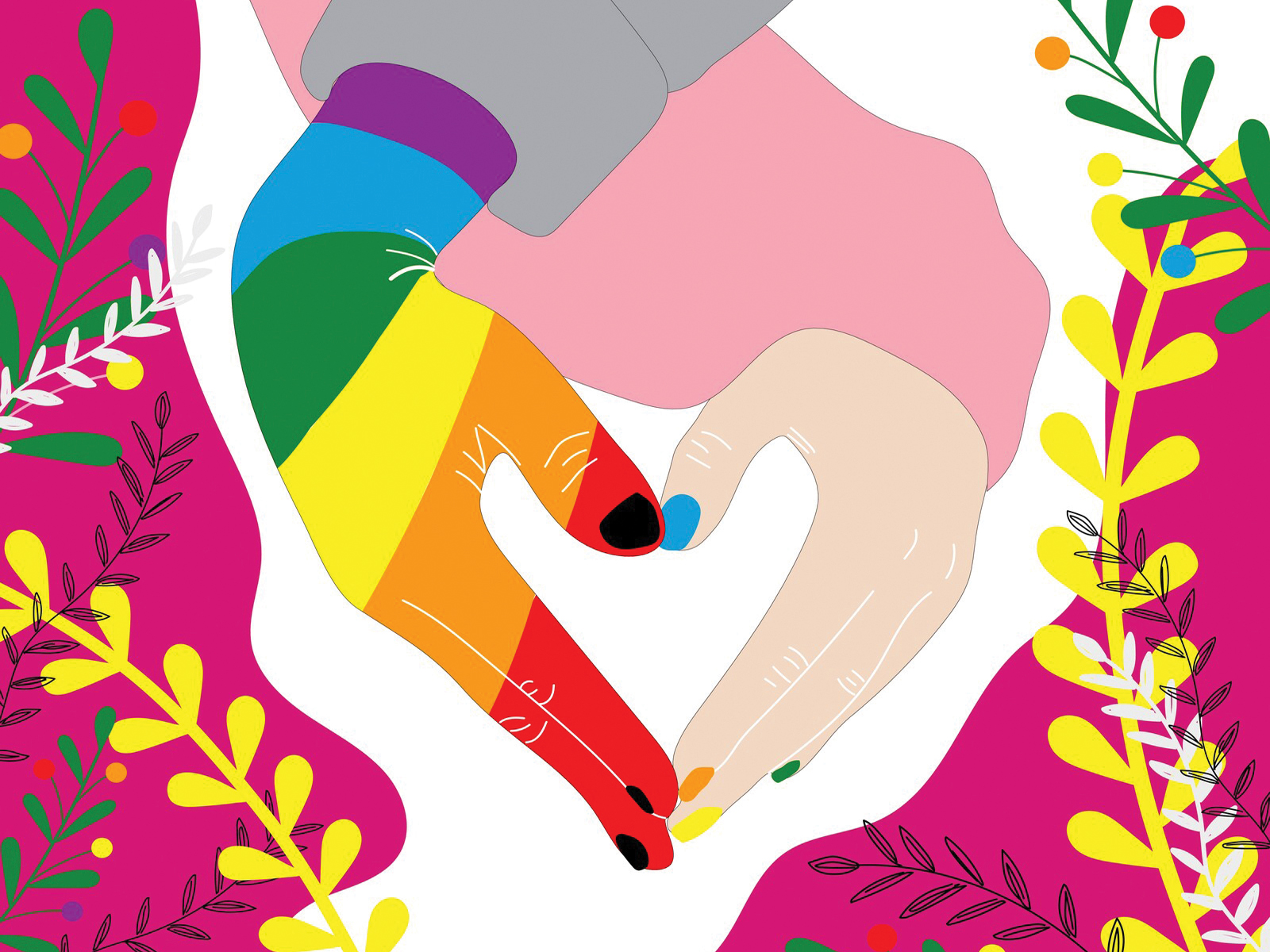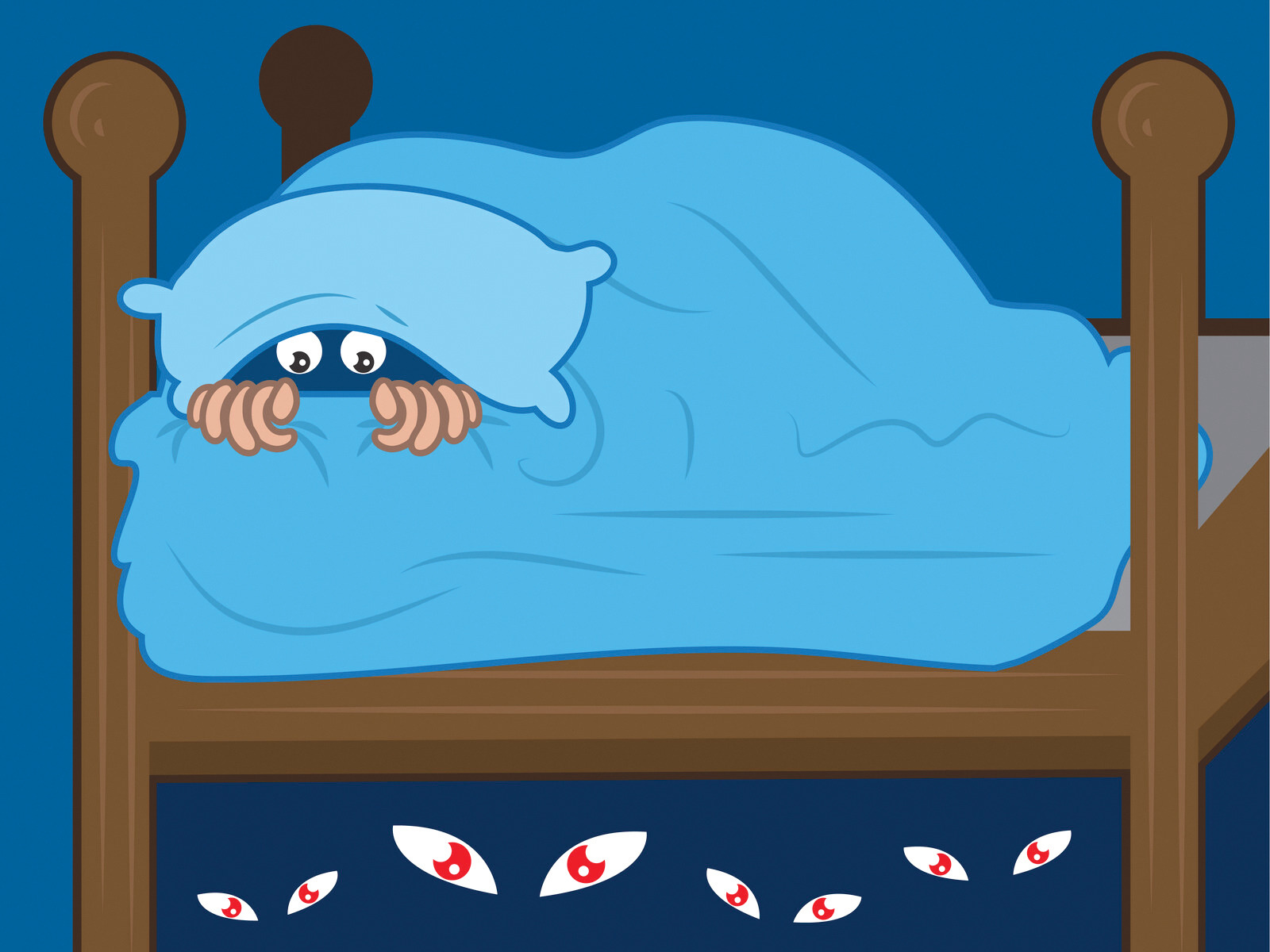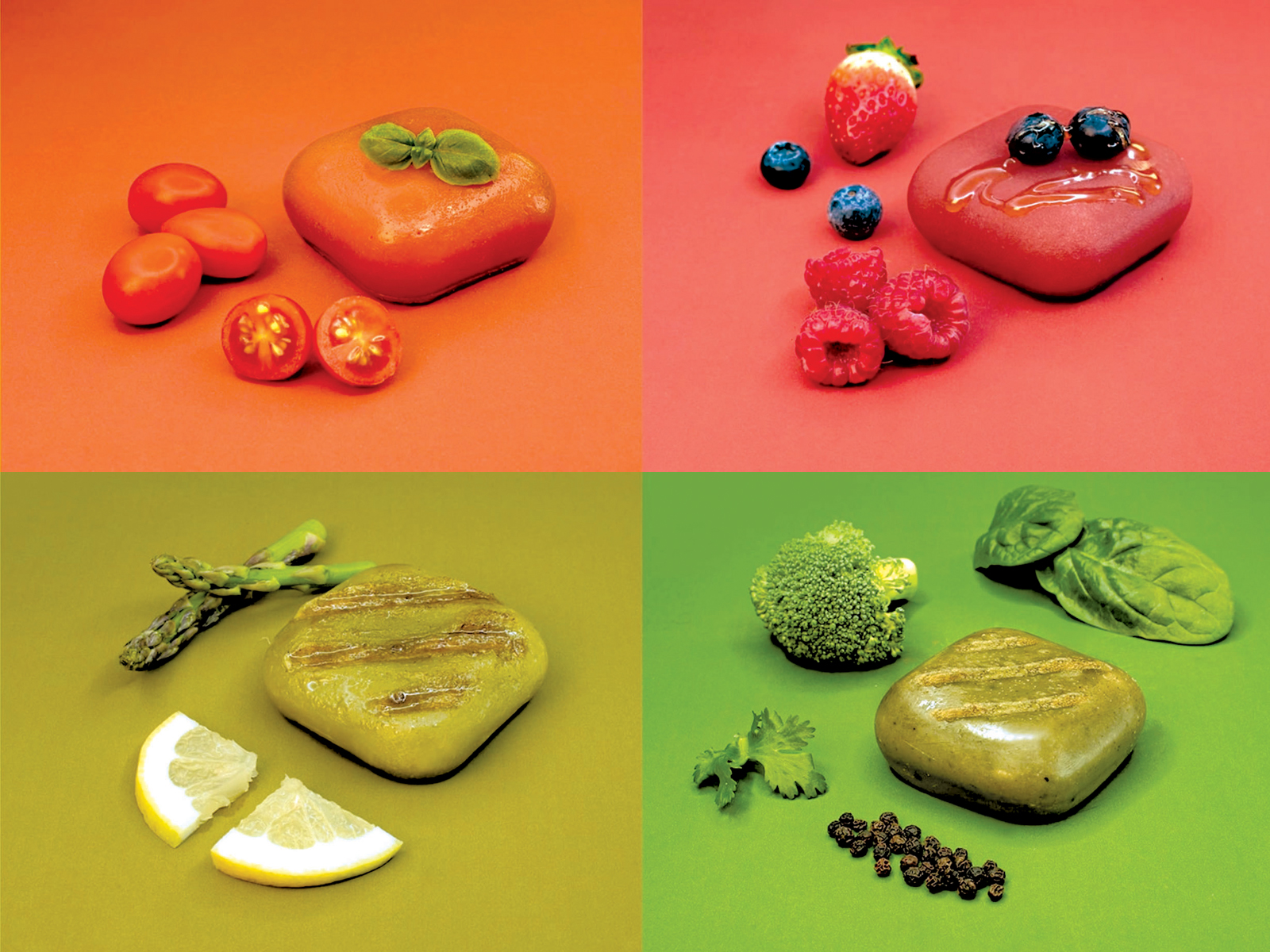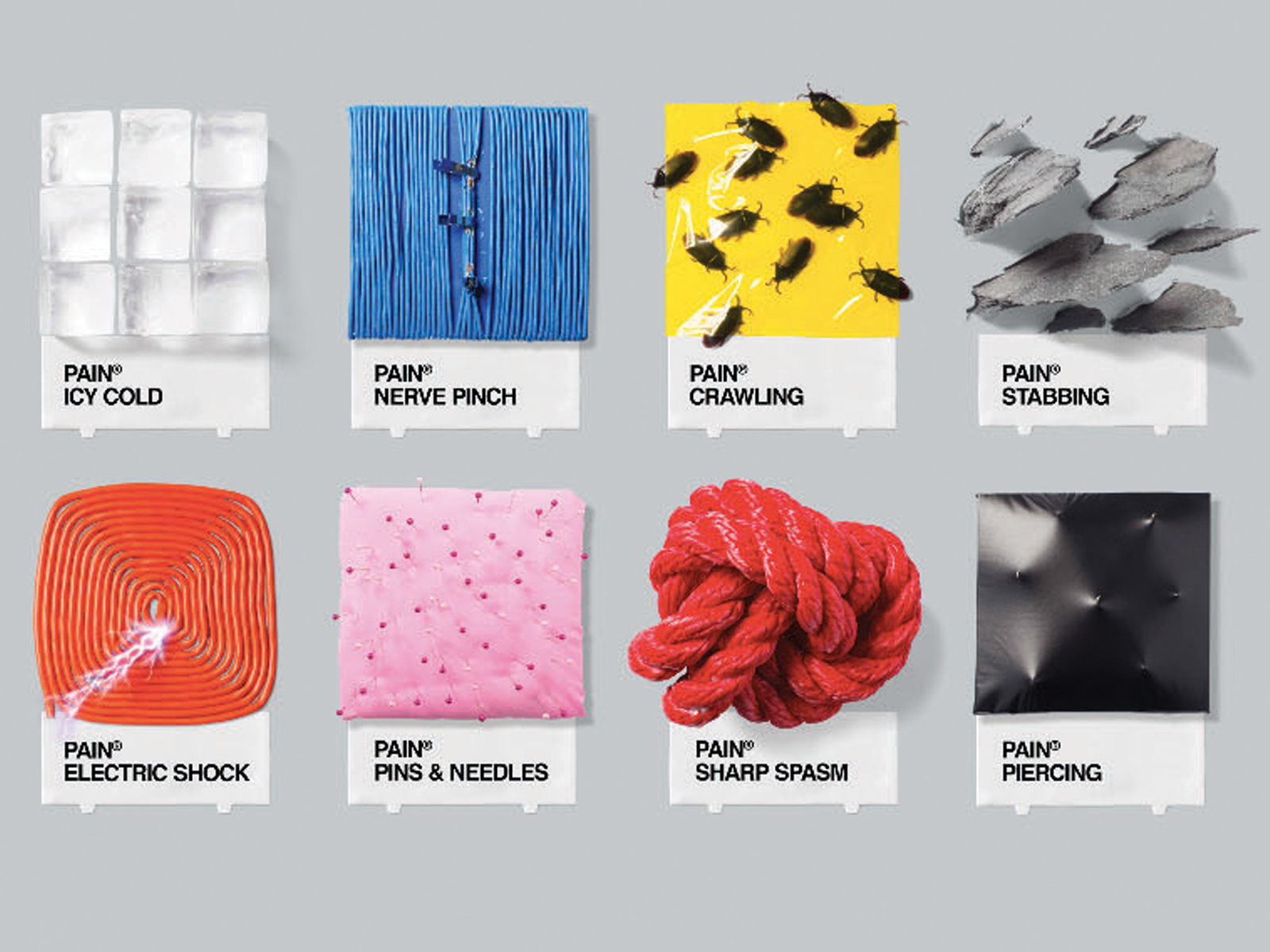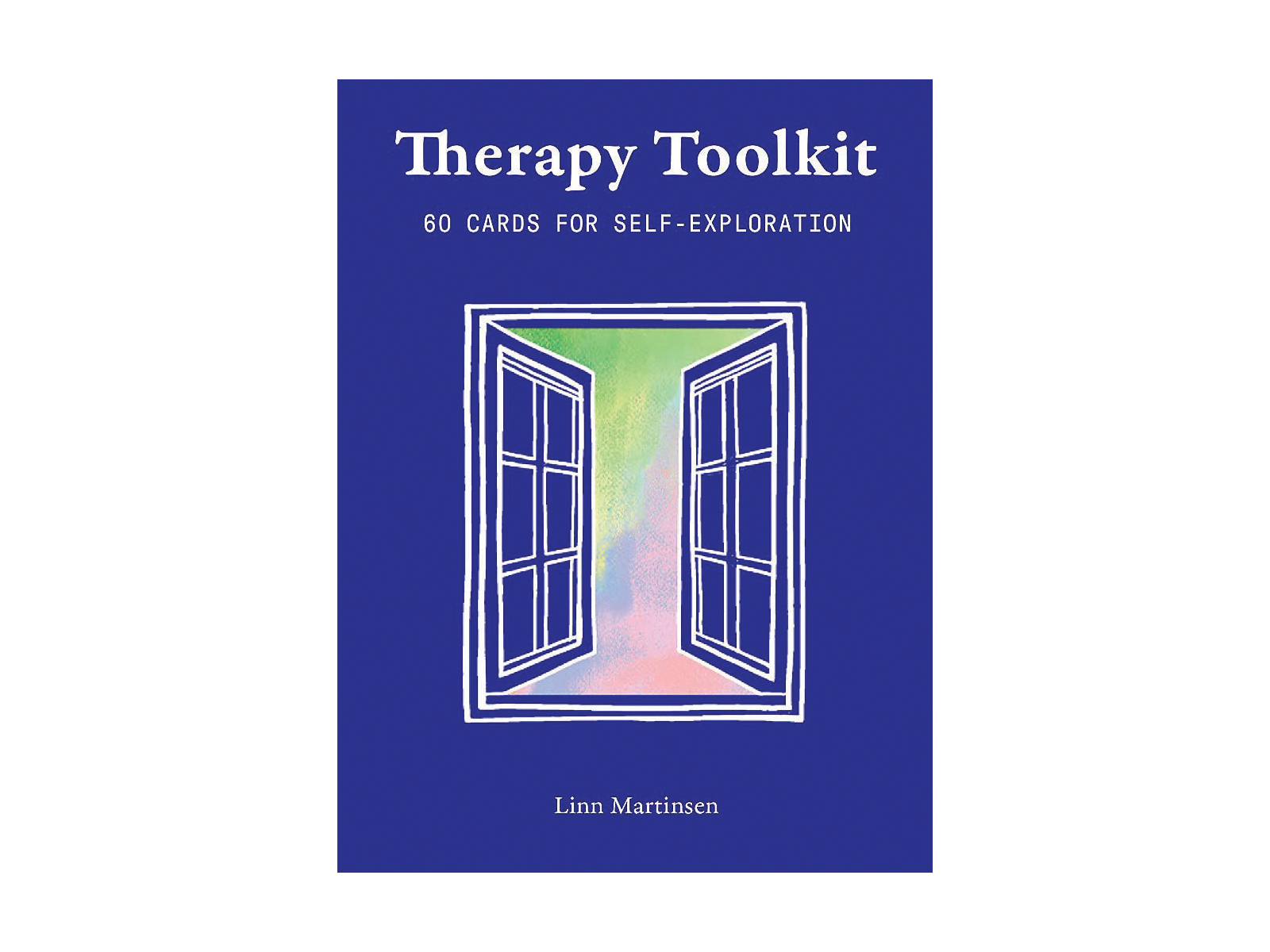Getting stoned doesn’t prevent COVID-19 infection
Oregon State University researchers discovered that two botanical compounds found in hemp can actually prevent the coronavirus from infecting human cells. The two compounds commonly found in hemp, dubbed cannabigerolic acid (CBGA), and cannabidiolic acid (CBDA) were recognized during a chemical screening as having the potential to battle coronavirus. The team incubated the virus with cannabis compounds as well as a control without these compounds, then injected them into human cells. The treated cells were lacking coronavirus RNA. Don’t get too excited…smoking cannabis does not offer any protection.
Source: Journal of Natural Products
Palliative care
A new program called Two –Spirit and LGBTQ+ Proud, Prepared, and Protected program has been developed by members of the 2SLGBTQ+ community, representing over 40 Canadian organizations as well as individuals who have lived experience as caregivers in multiple settings including the home, long-term care facilities and hospices. Access at Canadian Virtual Hospice.
Is there a germ hotspot under your bed?
According to experts, when dusty under-bed samples are analyzed in a lab, they’re often found to contain dead skin cells, broken down fibers, insect parts, and even mold spores and pesticides. Lovely!
mindbodygreen.com
Three square meals a day?
The start-up SquarEat promises to make eating more efficient by turning your favourite foods into 50-gram squares. Among the sweet and savoury square offerings: beef, cashew, asparagus, sea bass, and quinoa. Here’s hoping you don’t eat with your eyes.
squareat.com
Pain from 1 to 10
A new campaign called “Mypainfeelslike” seeks to help chronic pain sufferers describe their pain by offering a questionnaire and an artist’s pictures to represent symptoms like icy cold, barbed wire, burning fire under the skin or sharp needles.
mypainfeelslike.ie
The Therapy Toolkit
Sixty Cards for Self-Exploration features illustrated cards designed by a qualified therapist to help users explore their mental health matters in a compassionate and safe space. They’re divided into four self-exploration categories—experiences, emotions, relationships, and childhood with questions and reflections that emulate the process of therapy.
Lawrence King Publishing

